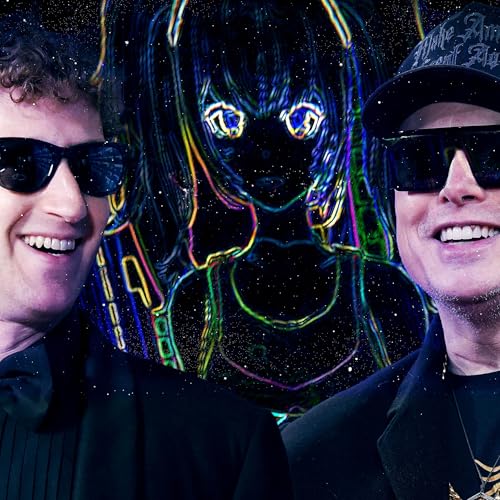Labor Day is generally a slow news day in the US. But this year it happened to be the day Elon Musk chose to unveil Tesla’s “Master Plan, Part 4.” Since its first installment in 2006, the electric vehicle-maker’s future roadmap has been seen by some as a big part of the company’s identity. The latest version comes at a critical moment for the company. With Tesla sales down in many markets, tepid interest in new models and high-profile controversies often stemming from its voluble CEO, his right-wing politics and association with Donald Trump—the stakes are high.
In this week’s episode of Elon, Inc. Max Chafkin invites Bloomberg automotive editor Craig Trudell and Elon Musk reporter Dana Hull to discuss the document and the state of Tesla. Most noteworthy in the report they say is a newfound focus on robots, specifically the humanoid autonomous Optimus model. As a matter of fact, Musk himself followed up on X and claimed in his usual hyperbolic fashion that around “80% of Tesla’s value will be Optimus.”
But what about the cars? Trudell says he remembers the priorities around the previous big Tesla plan in 2023 (a year before Trump was re-elected) and how they have changed. “Right around that time, this was a company that was all about sustainable energy,” Trudell says. Now “it’s all about AI, it’s all about robots, it’s all about self-driving cars.” Hull takes things a step further and pinpoints what she says is a potential weak point for the company: “I think that Tesla has a real marketing problem where you have a CEO who is clearly bored of the car industry.”
But more broadly, regarding the question of whether the company will be able to turn it’s struggling car business around, Chafkin has a theory.
“It feels like there’s a little bit of an effort, maybe even a deliberate effort underway to untangle Elon from the future of Tesla,” he says.
See omnystudio.com/listener for privacy information.
 2025/10/182 分
2025/10/182 分 42 分
42 分 43 分
43 分 37 分
37 分 2025/09/1640 分
2025/09/1640 分 2025/09/0932 分
2025/09/0932 分 2025/09/0226 分
2025/09/0226 分 15 分
15 分
